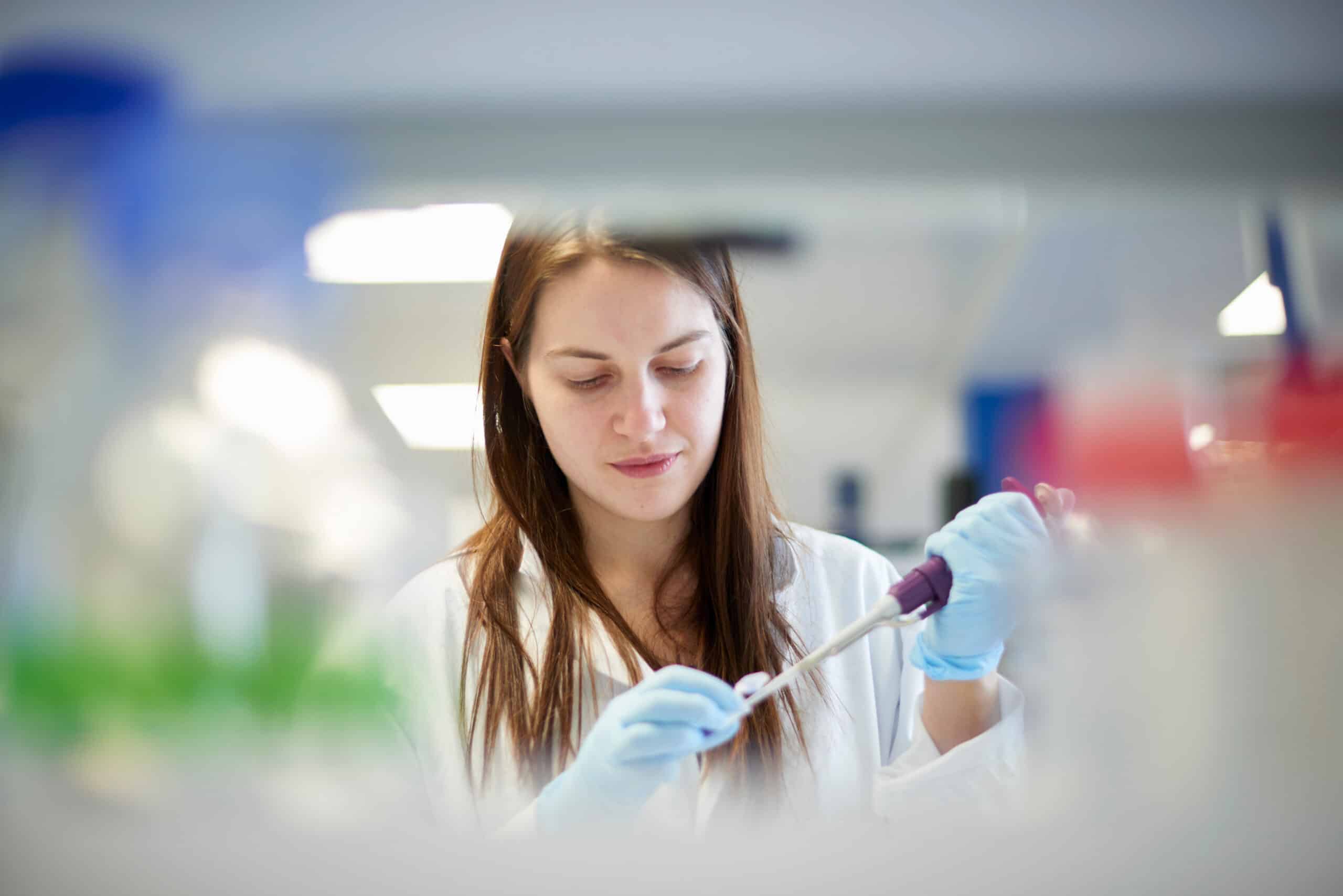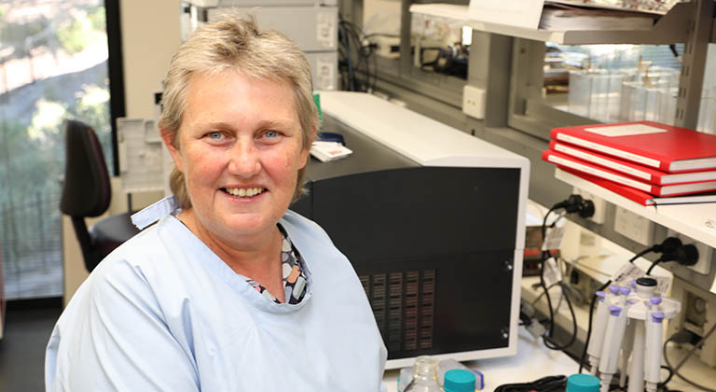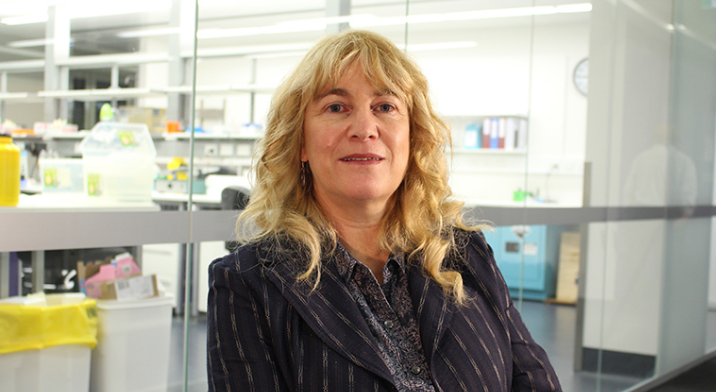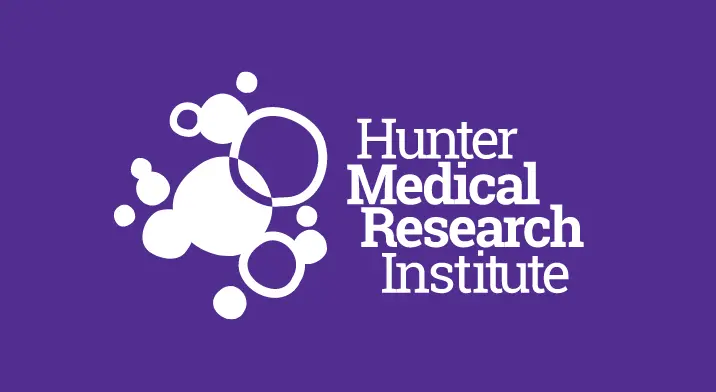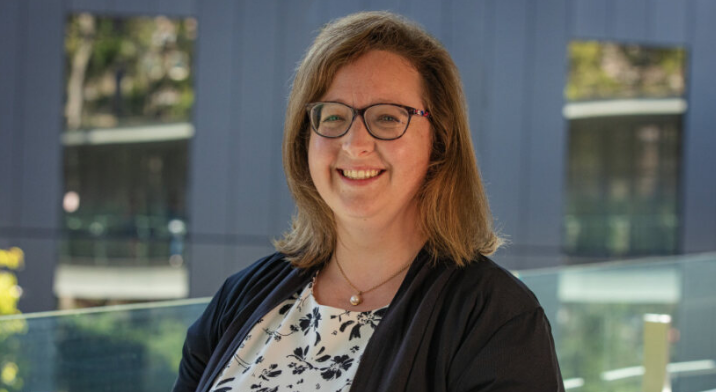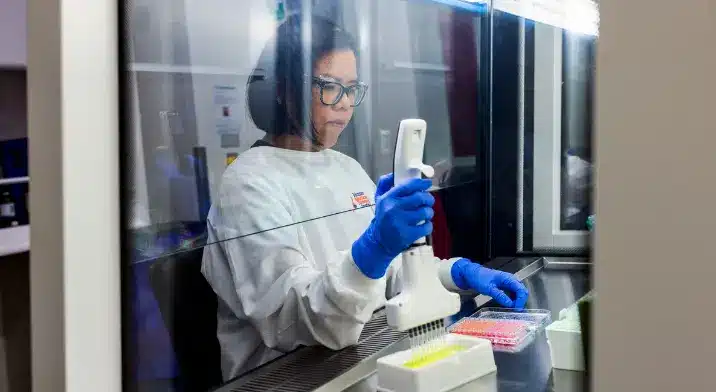Our Drug Repurposing and Medicines Research Program aims to deliver the most effective therapies and medicines to our communities.
Drug repurposing, also known as ‘drug repositioning’ or ‘switching’, involves investigating whether already approved drugs that we know are safe-to-use can be used to treat other diseases and conditions.
This can help millions of people get faster access to safe, effective treatments and medicine.
While the discovery and development of new drugs remains essential for the treatment of many medical conditions and diseases, this requires significant time and investment.
With a drug repurposing approach, the safety, dosing and toxicity of medicines and drugs is already known, allowing for a faster pathway to clinical trials, reducing research costs and overall financial investment.
Drug repurposing reduces the time it takes to get the right treatment to people who need it.
A ‘new’ drug requires:
12-16 YEARS
FOR DEVELOPMENT
US$1-2 BILLION
INVESTMENT TO ACHIEVE REGULATORY APPROVAL
An ‘old’ drug can:
6.5 YEARS
FOR REGULATORY APPROAVL
US$300 MILLION
INVESTMENT TO MOVE TO TREATMENT
Our innovative approaches to develop life-saving treatments
Our team embraces innovative strategies to rapidly repurpose existing drugs, targeting populations that urgently require improved treatments. We also prioritise therapeutic drug monitoring to ensure patients receive optimal dosing, particularly with complex treatments like chemotherapy.
Our Drug Repurposing and Medicines researchers focus on urgent clinical challenges, such as treatment-resistant ovarian and brain cancers, exploring potential therapies for immediate clinical application.
It’s crucial that our laboratory discoveries are swiftly translated into clinical practice and policy, ensuring they have a tangible impact on patient care.
Through clinical trials and the integration of our research into healthcare systems, we strive to make a real-world difference in the lives of those who need it most.

